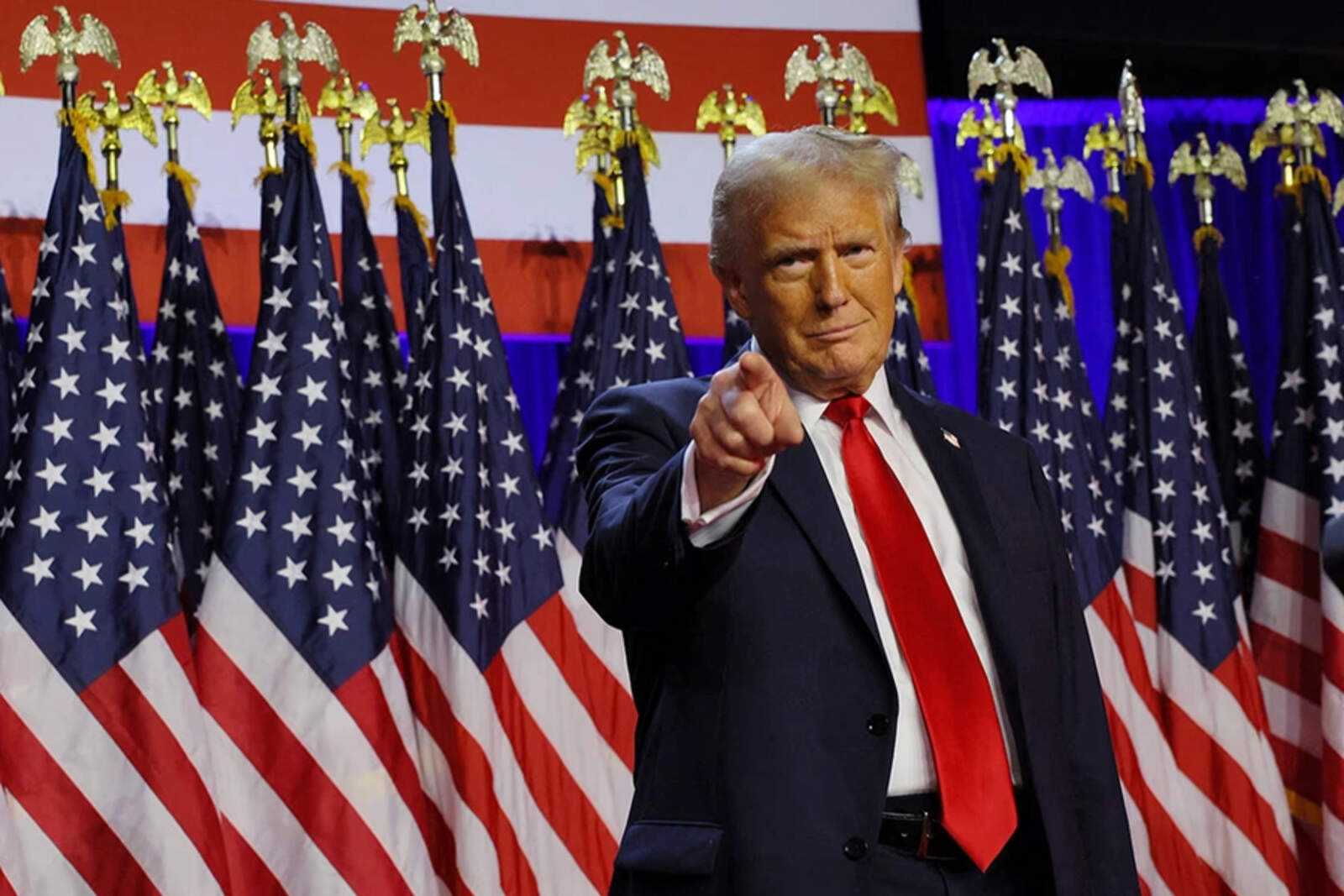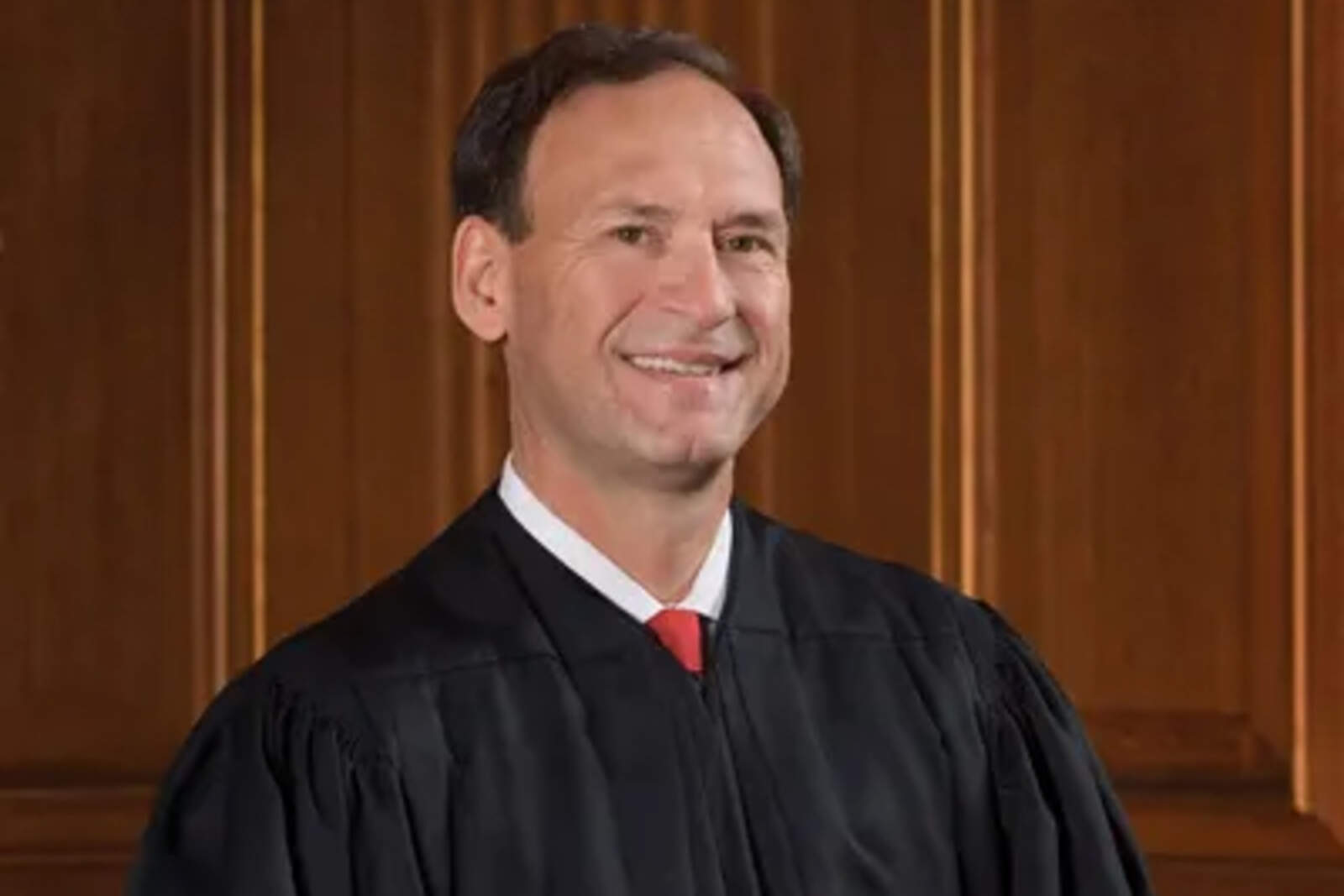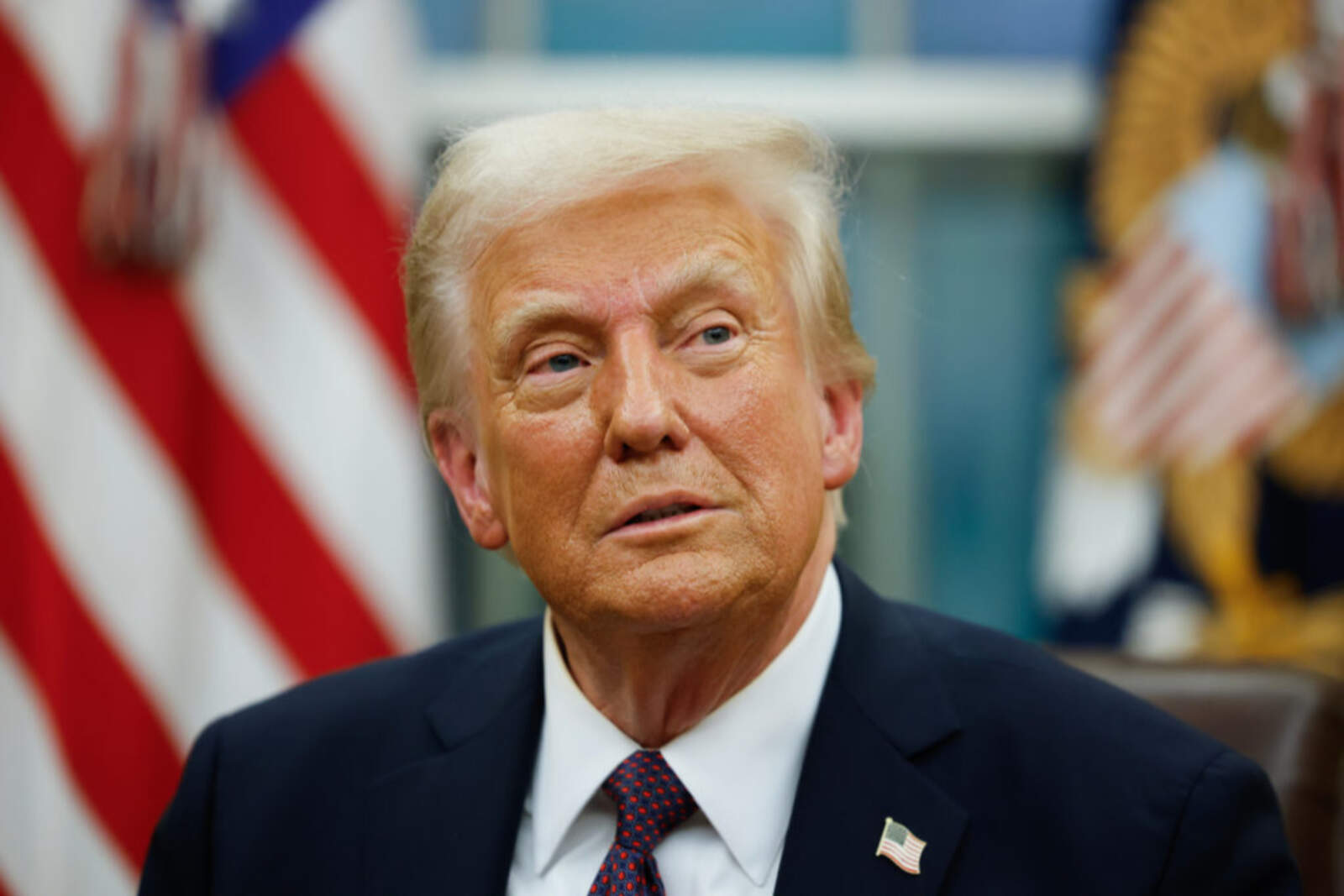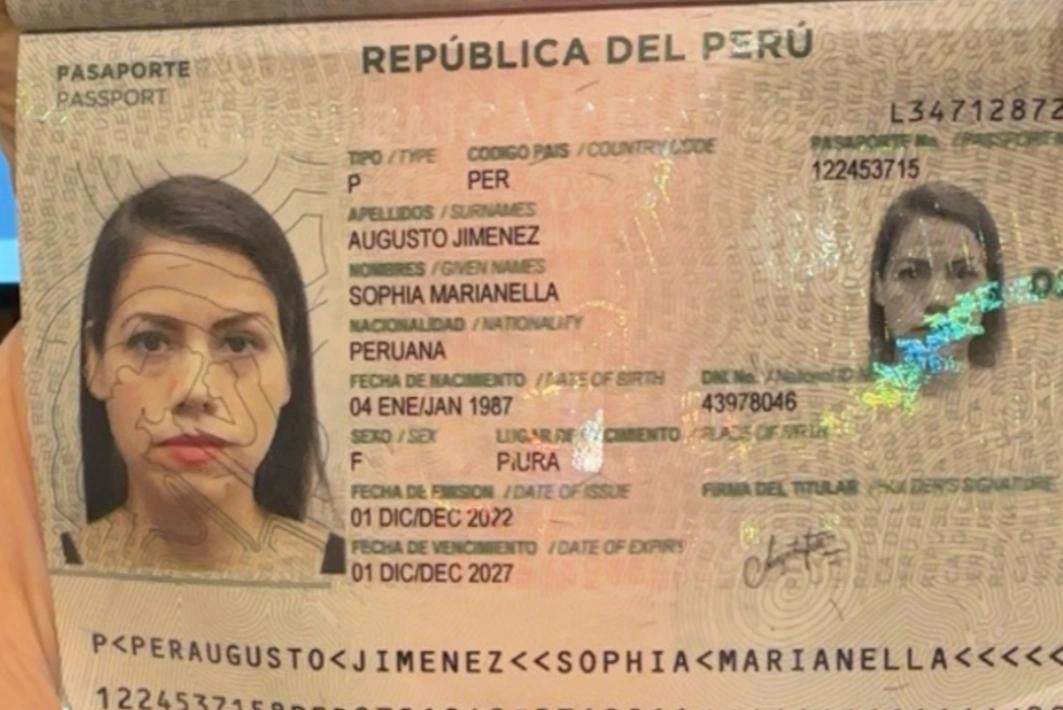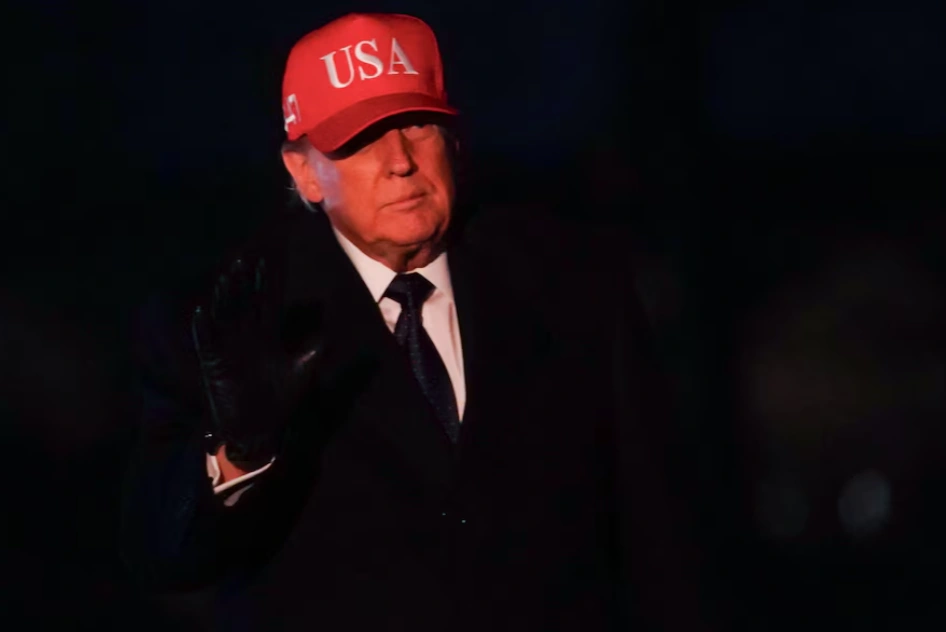The United States Supreme Court issued a ruling on Friday that significantly restricts the use of nationwide injunctions (preliminary measures with national scope) by lower courts, representing a major legal victory for President Donald Trump in his attempt to end birthright citizenship through an executive order.
The case, Trump v. Casa, did not directly address the constitutionality of that order, which sought to eliminate automatic citizenship for children of immigrants born in the United States, but instead focused on the scope of the lower judiciary's power to block executive orders in a broad manner.
The decision, written by conservative Justice Amy Coney Barrett, held that federal courts should not have a "general supervisory" power over the Executive Branch. According to Barrett, courts should only grant relief to the parties directly involved in the case, not on a nationwide basis.
"When a court concludes that the Executive has acted unlawfully, the response should not be for the court to also exceed its power," Barrett wrote.

The ruling orders that injunctions be limited exclusively to plaintiffs with standing, thus restricting their national impact. This way, the court partially granted the government's request to lift the bans imposed by courts in Maryland, Massachusetts, and Washington, which had blocked Trump's order in its entirety.
The president had received 25 nationwide preliminary measures in the first months of his term, a record number according to data from the Congressional Research Service and the Harvard Law Review. These judicial tools, used to halt executive actions on a national level, have been criticized from both ideological extremes of the Court for exceeding traditional judicial power.

